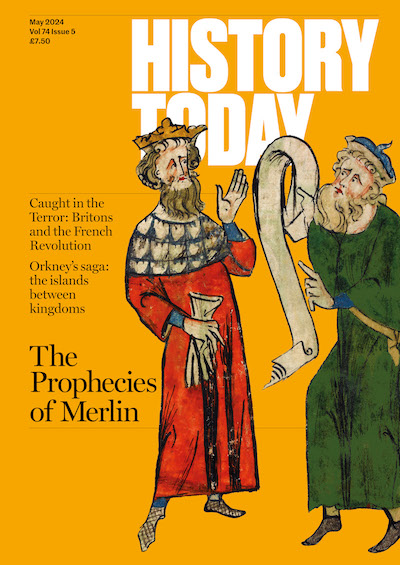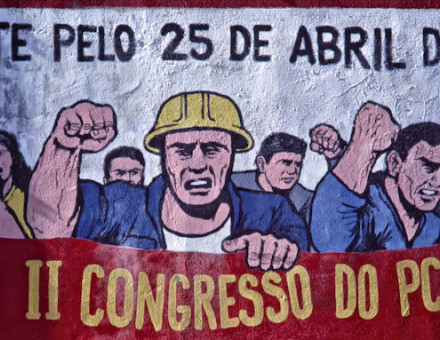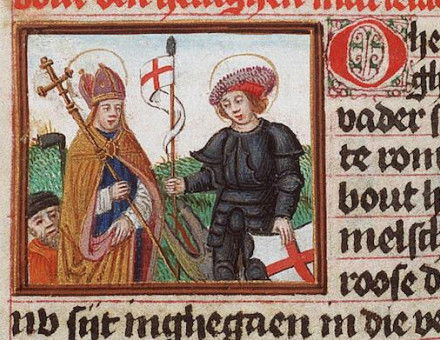Charles III of Spain: an Enlightened Despot, Part I
Nicholas Henderson describes how a Bourbon Prince of a junior line became the greatest monarch Spain had seen since Isabella the Catholic.
Who in Britain can be so detached nowadays as not to take a close, almost personal, interest in the decline of earlier empires; or, at any rate, not to watch with fascination, and even hope, those momentary relapses from decay that they have sometimes shown?
‘All the causes of the decay of Spain’ resolved themselves, according to Macaulay, ‘into one cause, bad government;’ and Spain being an absolute monarchy, bad government in this context meant, primarily, bad Kings, of whom the country had had plenty since the glories of the sixteenth century.
Yet there is one man who stands out from the general level of mediocrity, a King who tried with some success to arrest the decadence—Charles III, King of Spain, 1759-1788. To a few of his compatriots he is remembered chiefly for the expulsion of the Jesuits from the country, and the admission of foreign influences. But to the overwhelming majority he is regarded as the greatest monarch the country has had since Isabella the Catholic, in the fifteenth century.





